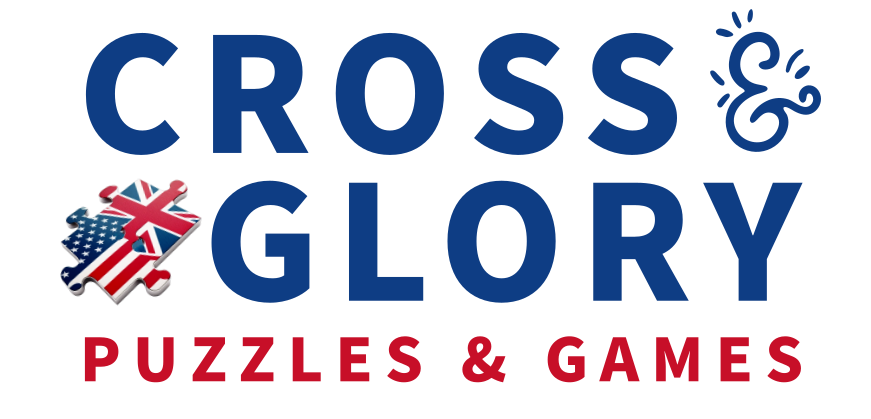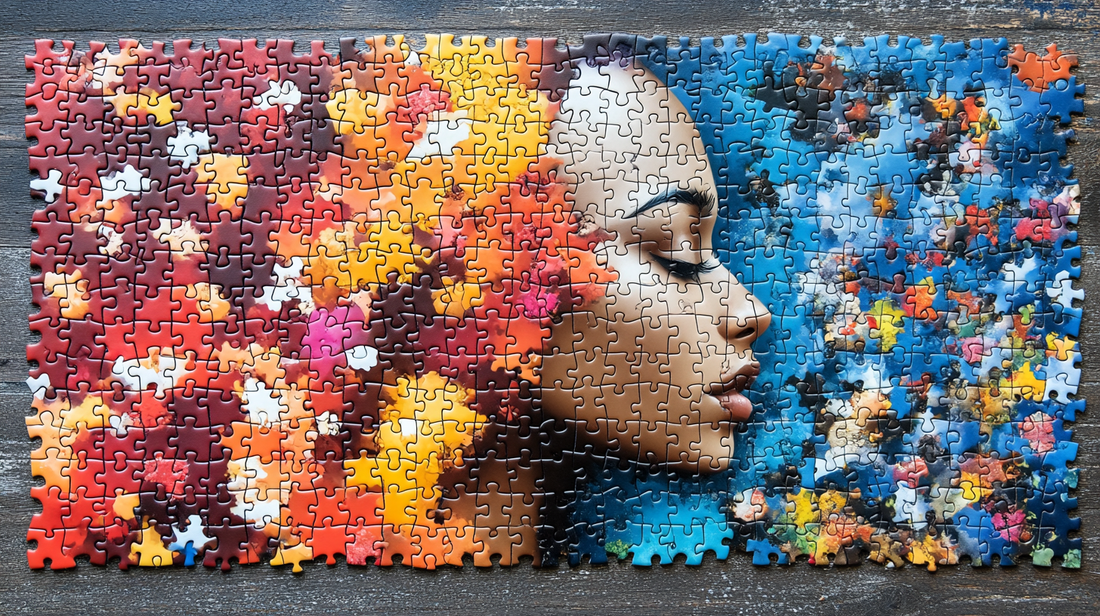The way we approach puzzles reveals more than just our solving preferences—it offers a glimpse into our personalities, problem-solving styles, and how our minds work under pressure. From methodical planners to intuitive explorers, each puzzler has a unique strategy that reflects their psychological traits. Let’s dive into the fascinating psychology of puzzle solving and what your approach says about you.
1. The Methodical Planner
If you start every puzzle by sorting edge pieces, grouping by color, and building a clear plan, you’re likely a methodical thinker. Planners value structure and enjoy creating a sense of order from chaos. This approach mirrors traits like discipline, organization, and patience.
For planners, puzzling is a calming activity that creates a sense of control. The structured process helps them enter a focused and productive state, often referred to as “flow.” Learn more about why puzzles are so addictive for focused minds in The Flow State and Puzzles: Why Completing Puzzles Can Be So Addictive.
2. The Intuitive Explorer
If you dive straight into the middle of the puzzle, placing pieces based on instinct and visual cues, you might be an intuitive problem solver. Explorers thrive on creativity and spontaneity, relying on their gut feelings to guide them.
This style often aligns with artistic or imaginative personalities who enjoy piecing together puzzles in a less conventional way. They’re drawn to vibrant, visually stimulating puzzles, where their ability to recognize subtle patterns and connections shines. For insight into how colors impact intuitive puzzlers, check out Color Psychology in Puzzles: Why Certain Colors Make You Tick.
3. The Competitive Solver
Do you thrive on speed and love the challenge of beating the clock? Competitive solvers are driven by achievement and excel under pressure. These individuals enjoy puzzles that test their skills and push their limits, often participating in timed challenges or competitions.
This high-energy approach is about more than just finishing quickly—it’s about honing strategy, maximizing efficiency, and achieving mastery. Competitive puzzlers are typically strategic thinkers with sharp focus and a passion for self-improvement. For a closer look at the world of competitive puzzling, read Competitive Jigsaw Puzzle Competitions: A World of Strategy and Speed.
4. The Collaborative Team Player
If your favorite way to solve puzzles is with others, you’re likely a collaborative problem solver who values connection and teamwork. These solvers enjoy the social aspects of puzzling, whether working on a shared challenge or celebrating small victories together.
Collaboration in puzzling mirrors traits like adaptability and communication, as team players often balance their own strategies with those of their partners. This style reflects an ability to compromise and work toward a common goal, making it a rewarding social experience.
5. What Your Puzzle Preferences Reveal
Beyond solving strategies, the type of puzzles you’re drawn to can also say a lot about you:
- Bold and Vibrant Puzzles: You’re likely an energetic and creative thinker who thrives on stimulation.
- Complex and Monochromatic Puzzles: You enjoy precision and relish challenges that require patience and detail.
- Themed or Nostalgic Puzzles: You’re drawn to emotional connections and enjoy revisiting familiar imagery.
6. The Benefits of Knowing Your Style
Understanding your puzzle-solving style isn’t just fun—it can also improve your experience. By tailoring your approach to your strengths and preferences, you can make puzzling more enjoyable and rewarding. It can also provide insight into how you tackle challenges in other areas of life, from work to relationships.
Conclusion
Puzzling is more than a hobby—it’s a window into how we think, feel, and solve problems. Whether you’re a methodical planner, an intuitive explorer, a competitive solver, or a collaborative team player, your strategy reflects your personality and approach to life. The next time you sit down with a puzzle, consider what your solving style says about you—and enjoy the journey piece by piece.

